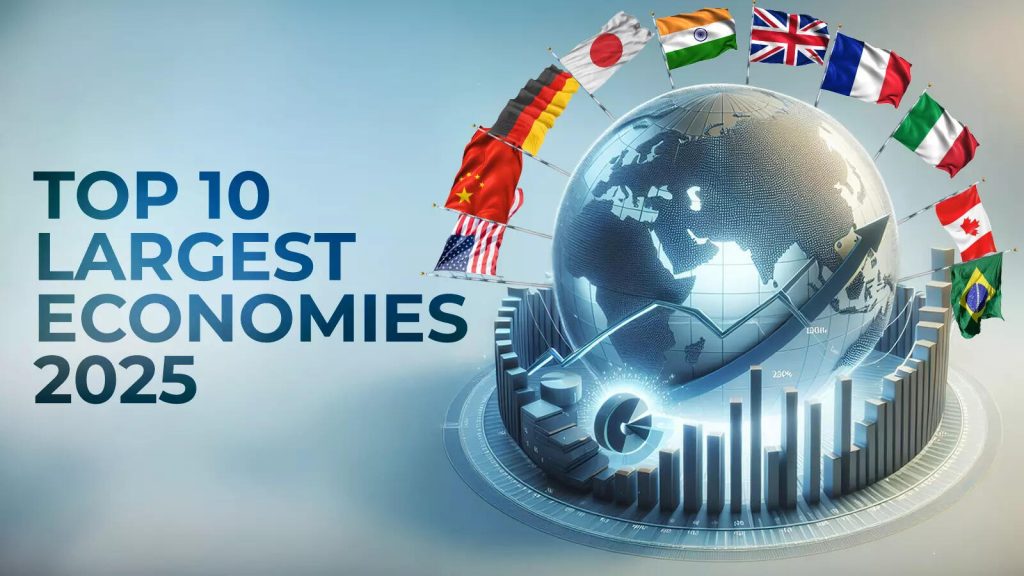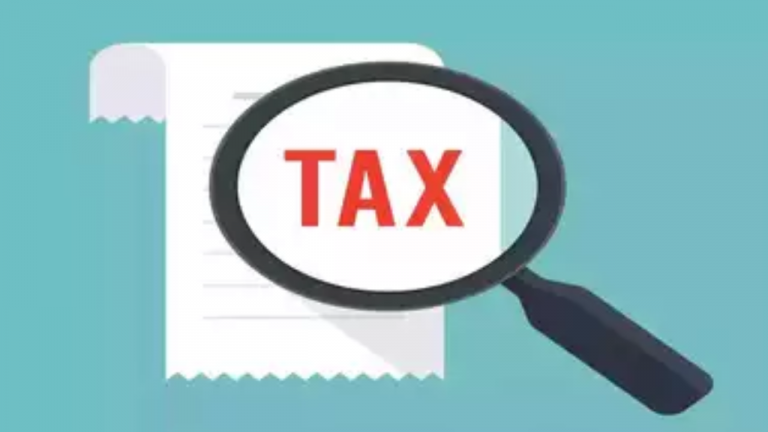India has witnessed a surge in demand for electric vehicles (EVs) in recent years. The shift towards electric mobility is driven by concerns over pollution and rising fuel prices. With the government’s push towards promoting clean energy vehicles, many automakers are now focusing on introducing EV models in the market. Companies like Tata Motors, Mahindra & Mahindra, and Hyundai have already launched electric cars in India, catering to the growing demand for eco-friendly transportation. The Indian government has also rolled out various incentives and subsidies to encourage the adoption of EVs. These include tax benefits, reduced GST rates, and subsidies for EV buyers. As a result, the sales of electric vehicles have been steadily increasing across the country. Additionally, the availability of charging infrastructure is improving, making it more convenient for EV owners to charge their vehicles. However, challenges such as high upfront costs and limited range still exist, hindering the mass adoption of electric vehicles in India. Despite these challenges, the future looks promising for electric mobility in the country, with more automakers investing in EV technology and the government’s continued support for clean energy initiatives. The shift towards electric vehicles is not only beneficial for the environment but also helps in reducing India’s dependence on fossil fuels. With advancements in technology and government policies favoring electric mobility, the EV market in India is expected to grow exponentially in the coming years.

Posted in
JUST IN
“Indian Government Plans to Roll Out COVID-19 Vaccines for Adolescents, Boosting Vaccination Drive”
In Trend

“India to launch first underwater metro tunnel in Kolkata, enhancing public transportation infrastructure in the city.”



















